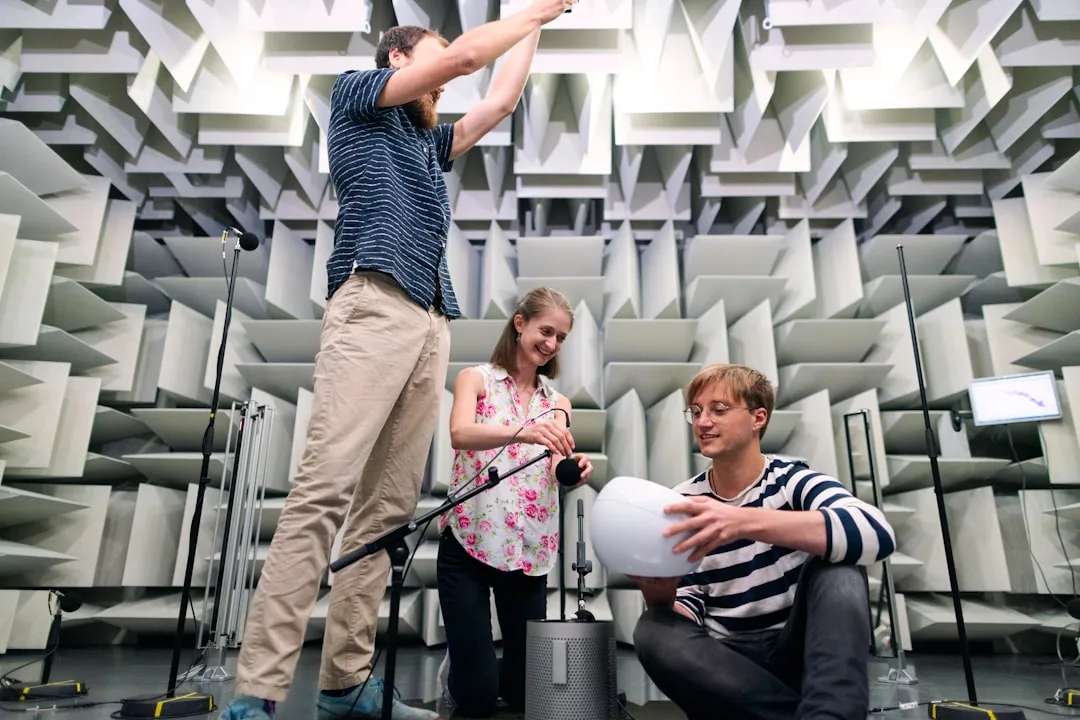
Newsletter Subscribe
Enter your email address below and subscribe to our newsletter

Enter your email address below and subscribe to our newsletter

Mastering AI Tools: Boost Developer Productivity
In the rapidly evolving world of software development, staying ahead is no longer just about mastering programming languages or frameworks. It’s about leveraging the right tools to enhance productivity, streamline workflows, and ultimately deliver better products faster. With the advent of AI, a new wave of tools has emerged, promising to revolutionize how developers work. This article dives into how AI tools can boost developer productivity, focusing on practical implementations, real-world examples, and insightful comparisons.
One of the most significant bottlenecks in software development is the repetitive and often mundane tasks that consume valuable time. Whether it’s debugging code, writing boilerplate code, or managing project dependencies, these tasks can slow down the development process and lead to burnout. Additionally, the overwhelming number of tools available today can lead to decision fatigue, making it difficult for developers to choose the right tool for the job.
GitHub Copilot, an AI-powered code completion tool, has made waves in the developer community. It uses machine learning models to understand code context and provide intelligent suggestions. Whether you’re writing a complex algorithm or a simple function, Copilot can save time by predicting and completing code snippets.
Example:
Imagine you’re writing a function to sort an array. Instead of manually typing out the logic, Copilot can suggest a complete function based on your initial input, allowing you to focus on more complex aspects of your application.
# Start typing a function to sort an array
def sort_array(arr):
return sorted(arr) # Copilot completes the logic
Another powerful AI code completion tool is TabNine. Unlike Copilot, which integrates directly with GitHub, TabNine works with various IDEs and supports multiple programming languages. It’s especially useful for developers who prefer a more lightweight solution without the need for a GitHub account.
Comparison:
DeepCode is an AI-powered code review tool that analyzes code changes and suggests improvements. It uses machine learning to detect potential bugs, security vulnerabilities, and code smells, offering suggestions for improvement. This tool is particularly beneficial for large teams working on complex projects where code quality is paramount.
Example:
DeepCode can analyze a pull request and highlight potential issues, allowing developers to address them before merging. This proactive approach improves code quality and reduces the likelihood of defects in production.
Kite offers AI-powered code completions and documentation. It is designed to reduce the time developers spend searching for documentation by providing inline explanations and examples.
Example:
While writing Python code, Kite can provide quick documentation for libraries and functions, making it easier to understand and implement them without switching context.
For developers considering GitHub Copilot or TabNine, understanding the configuration differences can be crucial. Both tools offer unique features and require different setup processes.
GitHub Copilot:
To enable Copilot, you need a GitHub account and access to a supported IDE like Visual Studio Code. Once installed, it’s ready to use with minimal configuration.
TabNine:
TabNine requires installation as a plugin in your preferred IDE. It offers more customization, allowing you to adjust settings such as the AI model size and memory usage.
Choosing the right AI tool can be challenging, given the multitude of options available. Here’s a comparison of the tools discussed:
For more detailed guides on how to integrate these tools into your workflow, check out our Developer Guides on RuntimeRebel.com. We cover everything from beginner tutorials to advanced integrations.
In the quest for productivity, it’s easy to get caught up in the hype of new tools. However, it’s crucial to evaluate whether a tool genuinely adds value to your workflow. AI tools can significantly boost productivity, but they should complement, not replace, a developer’s expertise. Consider the tool’s integration with your existing setup and whether it aligns with your team’s goals before diving in.
Ready to enhance your development workflow with AI? Start by exploring our Mastering AI Tools: Boost Developer Productivity Today guide. For those looking to integrate AI more deeply, consider trying out GitHub Copilot with Visual Studio Code for a seamless experience.
By embracing AI tools, developers can not only increase productivity but also unlock new levels of creativity and innovation. The right tool, used wisely, can transform your development process.